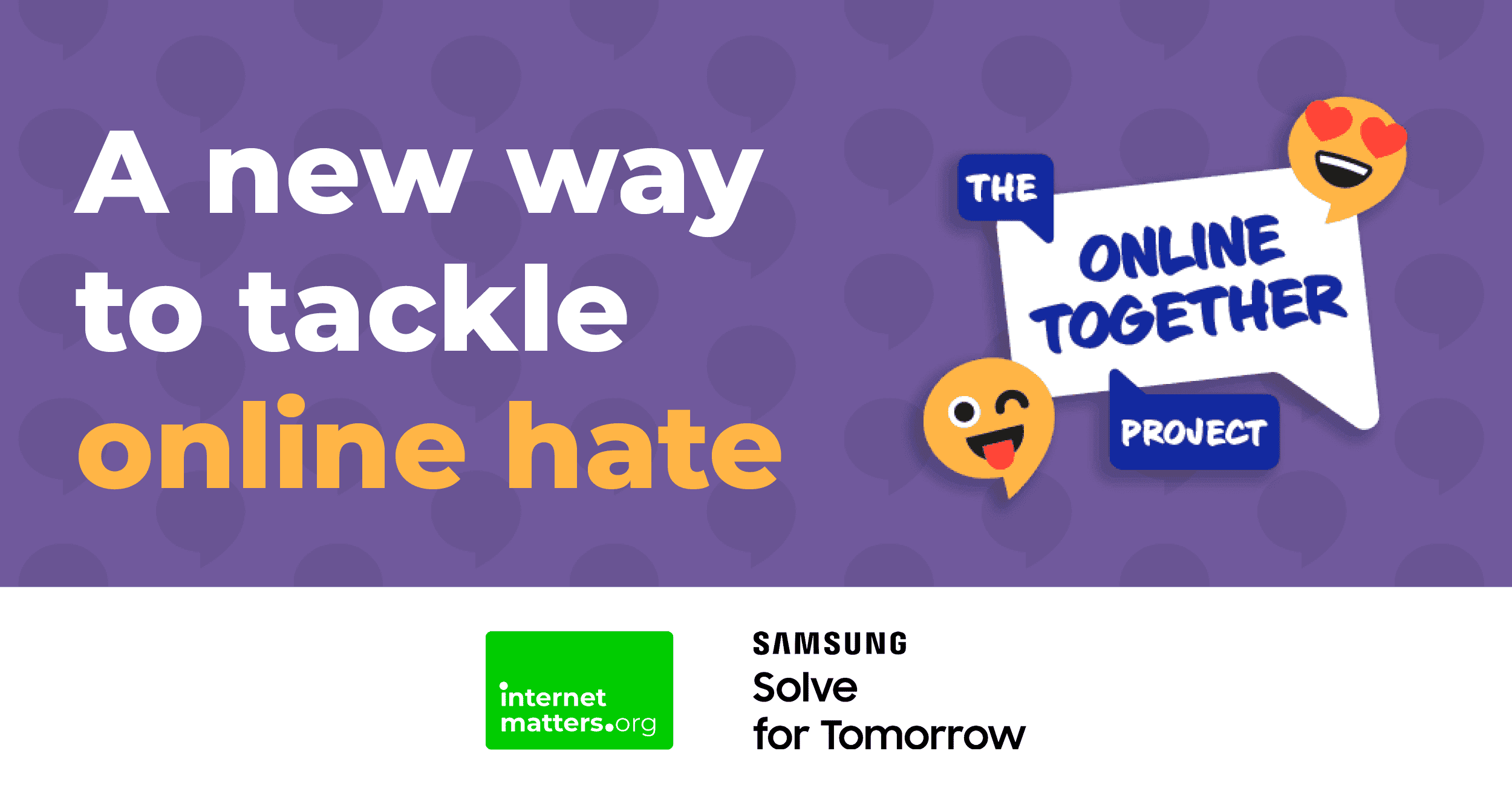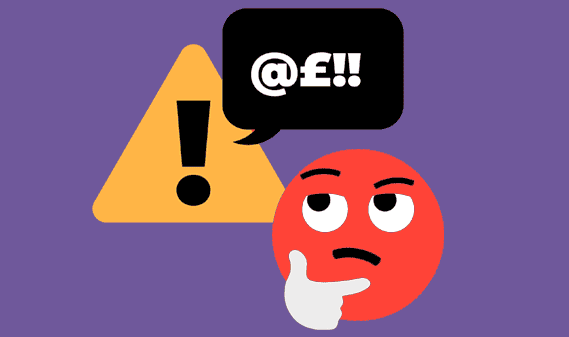A new module of the successful joint initiative ‘The Online Together Project’ has been designed to educate on issues around online hate, giving families practical advice.
The interactive tool looks to encourage conversations between parents and children, made up of 10 questions. Offering age specific sections, the option to play with someone else or on your own, each question offers users key information on the topic and advice for parents/carers and conversation prompts.
At the end of the questions, there are downloadable guides with further information and advice to help tackle online hate, plus a completion certificate.
The Internet Matters research conducted in November 2022, of 1,600 UK parents and 1,000 children aged 9-16, also reveals how 12% of parents reported their children experienced hate speech online – the highest level of the last two years.
However, it is clear that parents are under-reporting their children’s exposure to online hate. Nearly one in five (19%) children aged 9-16 say they’ve come across hate speech online. This compares to only 12% of parents saying this had happened to their child.
Coming across hate speech is listed as one of the top five things children say they experience online, compared to parents who believe it is the 7th most common thing.
More than six in 10 (62%) parents were concerned about their child being exposed to hate speech – a jump of 11% compared with pre-pandemic concerns (56% in Jan 2020).
Online hate is the second topic covered by The Online Together Project, which launched last year with a module on breaking down gender stereotypes – with eight out of 10 (81%) parents praising its ability to help children develop skills to create a more positive and inclusive culture online.






